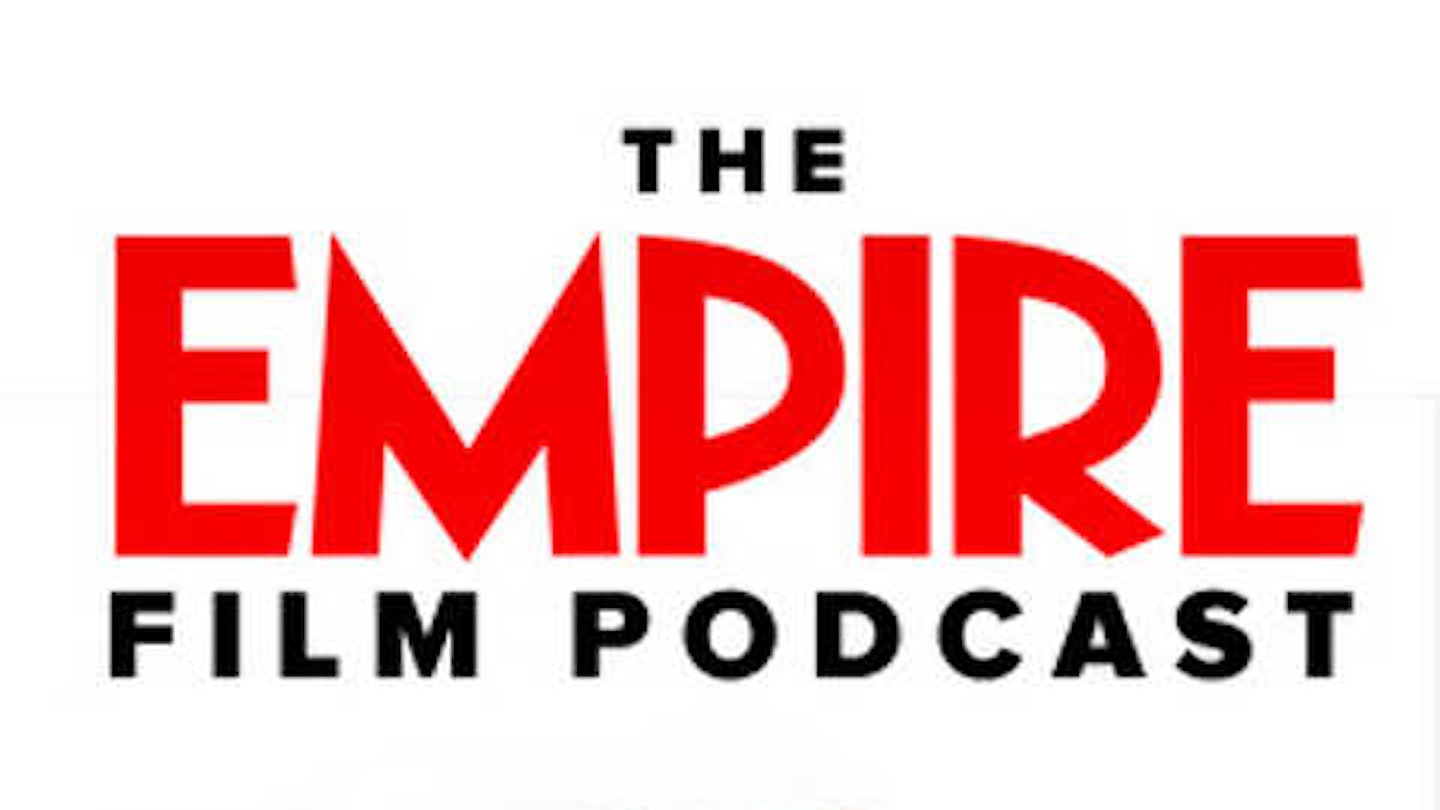Though known for social realism and political anger, throughout his career Ken Loach has occasionally shown a whimsical, Ealing comedy streak. This is a film of two halves, with a slightly wonky join in the middle, representing both aspects of Loach’s cinema. The change of tack leaves some of its threads up in the air and asks audiences to bear with a protagonist who is set up as a conflicted, desperate-to-change NED and never quite becomes likable enough to carry off a comedy caper.
Trapped by his short-fuse temper and unable to get away from a life of random hooliganism and street feuds, Paul Brannigan’s Robbie seethes through excruciating, believable early scenes. A court-ordered encounter with a half-blind former victim and his still-angry family is horribly credible, as is a talking-to from the grandfather of his child who predicts that even if Robbie wants to change, he won’t be allowed to by his enemies and friends alike and should just get out of the city before it’s too late. This material is so strong that it’s disorienting when the issues raised are set aside so the film can get on with breezier, funnier business as Robbie and an ill-assorted crew of fellow community service offenders set out to heist a fabulously valuable cask of aged malt whisky and set themselves up for life.
Sometimes, the film goes too easy on its hero: his girlfriend (Siobhan Reilly) is an idealised emblem of the fulfilled family life he doesn’t think he deserves and seems awfully milk-and-water for the daughter of a gangster hardman, while the notion that the only escape from petty violent crime is colossal if harmless crime would play better in a film that didn’t deliver such a convincing depiction of the real consequences of being an angry, obnoxious thug.
With spot-on supporting performances from Gary Maitland as the dimmest of the crooks (who still has one blindingly brilliant idea about an appropriate disguise for Glaswegians in the Highlands) and Roger Allam as a smooth operator in the illicit collectors’ booze market, and a nice selection of absurdist or deadpan gags (including one Jackass-style gross-out you wouldn’t expect from Loach), this has something of the feel of early Bill Forsyth.

